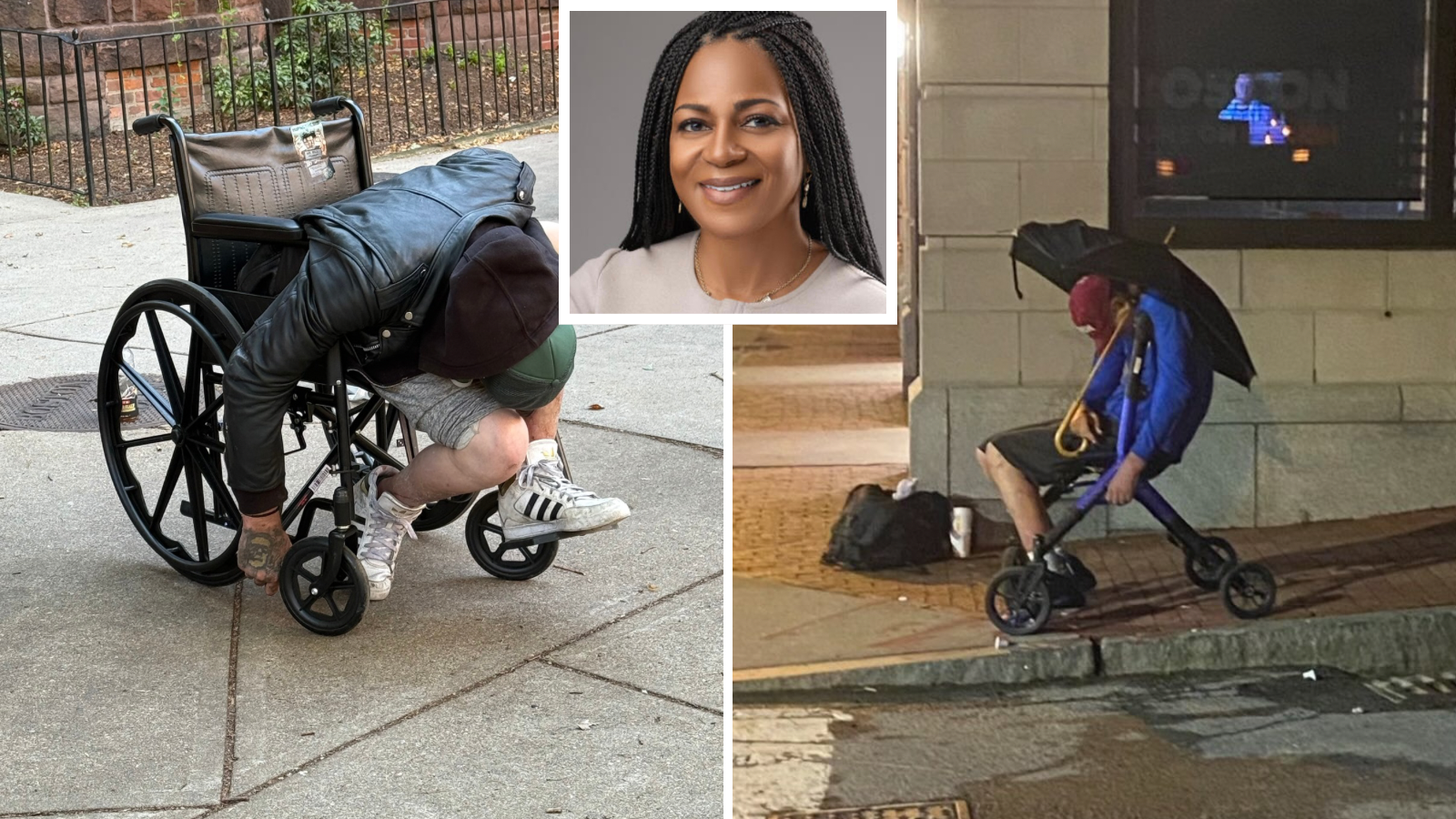BOSTON — The city official directing the distribution of roughly 80,000 needles every month to active drug users is now advising residents not to trust the CDC on vaccines — a striking divergence between Boston’s health leadership and the nation’s.
Dr. Bisola Ojikutu, who leads the Boston Public Health Commission, issued the warning after the CDC updated language about vaccines and autism. She responded by calling the agency “no longer a reliable and trustworthy source,” placing her department’s guidance at odds with federal standards.
Her remarks arrive alongside one of the region’s largest needle-access programs, which moves close to a million syringes a year into the hands of drug users. The effects are visible across the city: addicts slumped on stoops with their kits beside them, EMTs responding repeatedly to the same corners, and parents steering children around discarded needles at neighborhood playgrounds.
In the South End and Roxbury, shop owners open their doors in the morning to find syringes on the sidewalk. Along Albany Street and the Mass & Cass corridor, parks once used for youth sports now border open-air drug activity. Even downtown, needles show up in alleyways steps from office towers.
MASSDAILYNEWS
STAY UPDATED
Get Mass Daily News delivered to your inbox
Against that backdrop, Boston’s top health official is now urging skepticism toward the CDC — the country’s primary source of vaccine guidance.
Mass Daily News is not taking a side in national vaccine politics. People should make informed decisions for their families — especially after Boston’s COVID-19 era of strict mandates that closed businesses while making notable exceptions for politically favored protests. Residents remember how uneven those rules were.
What stands out now is the juxtaposition:
a city distributing tens of thousands of needles every month into active addiction, while its chief health authority questions the credibility of federal vaccine experts.
For families navigating Boston’s streets, the practical question becomes simple: How should Ojikutu’s stance on CDC reliability be weighed against the scale and results of the public-health system she oversees?
Boston’s challenges remain significant — widespread addiction, recurring overdoses, and persistent street disorder among them. The city’s messaging now points in different directions, leaving residents to interpret guidance shaped by both local experimentation and growing skepticism toward national standards.

Loading Comments